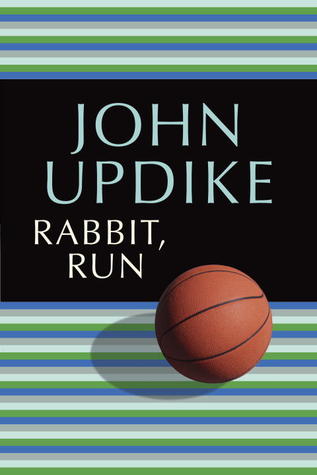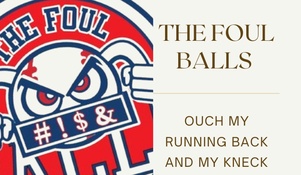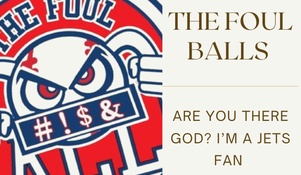Book review: Rabbit, Run, by John Updike

This isn't a book review in the traditional sense. It's not an update on my training, either, per se. Maybe it's a little of both. Maybe it's just venting steam.
In a chicken-or-egg kind of fashion, I’ve found myself contemplating lately which came first, the feeling of being trapped or reading Rabbit, Run -- and whether one was in some way a catalyst for the other. In Rabbit, Run, the protagonist’s method for dealing with feeling trapped is to run away. In my case, not being able to run has been among the chief factors contributing to my feeling trapped.
It was a rough December for Jerusalem -- cold, wet and dark. Objectively, it was one of the coldest Decembers on record; it seemed to rain every day at least once; and when it wasn’t raining, more often than not it was still cloudy, gray and damp. Early in the month I missed almost a full week of work with what might have been pneumonia or bronchitis -- probably weather-induced, although teachers and students were disappearing left and right like dropouts at a Vipassana retreat and who knows if I didn't catch something from all the coughing spasms echoing through the school every day, which at times had the feel of a plague-ridden hospital ward.
The whole rest of the month the respiratory issues lingered, making it difficult to sleep and to function in general. And while the fever did gradually subside, its place was taken by stress as pressure from work piled on with 10 classes worth of grading deadlines and midyear exams approaching. Very little running was going on all this time. Winter had like a battering ram broken through my defensive fortifications, work held me prisoner in my chamber, and there they gave me Rabbit, Run to read, to gnaw away at my spirit from within.
John Updike’s 1960 novel is that powerful. It spreads through the reader like a tea bag in hot water. Consciously, I didn’t like the first half; yet the story had seeped into the seedbed of my subconscious, where it settled, established itself, germinated, grew. I felt it there during the day, felt Harry Angstrom’s character moving, doing things, haunting like a ghost. I read on without enjoyment, annoyed, frustrated, but also strangely captivated, drawn in against my will. The Rabbit, Run page at Goodreads.com is full of status updates from readers who struggled to keep reading but quit in despair, who reviled Harry Angstrom for his depravity and resented John Updike for putting them through such suffering. I shared their anguish. The novel was depressing me. Everything about it was negative -- the characters, the plot, Updike’s narrative style.
The story starts out with Harry as a character with whom the reader immediately identifies -- he excels at a pickup game of hoops on the way back from work, throws his cigarettes in the garbage and starts running home, is profoundly disappointed at the sight of his wife vegetating in front of the TV drinking, and when she asks him to pick her up a pack of cigarettes it’s the last straw: he runs away. After these opening scenes, though, the narrative loses its verve. Once Harry turns his car around and returns to town, nothing interesting happens until around the book's halfway point. Harry is passive, purposeless, stumbling around from one drab situation to the next, all the characters are dull, and nothing of substance happens.
That was my December. My training log was a block of Swiss cheese, with more holes than cheese. Strength training was a faded, distant memory. I lost weight, my joie-de-vivre, my libido. The principal of my school summoned me to ask if things were ok. I was trapped in a novel about a character trapped in a miserable existence. Just when I needed a vacation most from work, the pressure there was rising to a crescendo.
Rabbit, Run does come around. The pace and purpose of the plot start to pick up in the second half. But by then I was already Googling "cheerful novel" to have something encouraging to look forward to after Rabbit. Alas, what I ended up reading was The Optimist's Daughter by Eudora Welty, an infuriatingly bad book that somehow won a Pulitzer in 1973.
Rabbit, Run gets four stars. If it weren't for that quagmire of a first half, it would be a must-reread.



